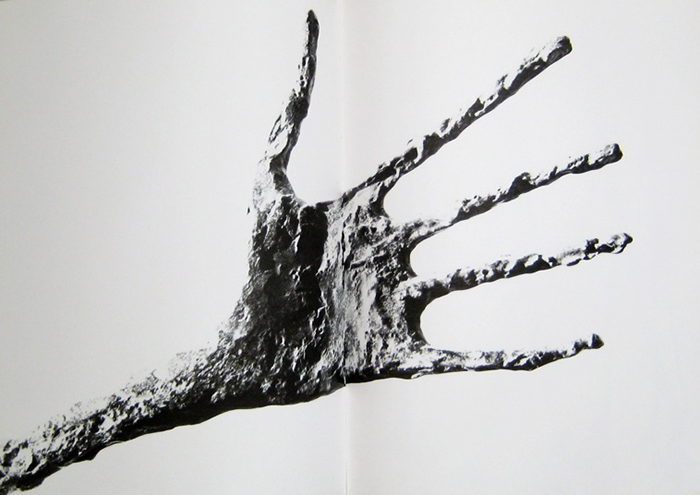2. Do Experts Really Perceive the World Differently from Non-Experts?
People sometimes say things like the following: Cabernet Sauvignon tastes different to an expert wine taster than to a novice; or, Beethoven’s Ninth Symphony sounds different to a seasoned conductor than it does to someone just hearing it for the first time. But does wine literally taste differently (or the …



